The following are frequently asked questions. We encourage you to contact us with any additional questions you may have about Camp Sequoia.
Wouldn't my child be better off attending a traditional overnight camp where they can learn appropriate social skills from their peers?
Children who struggle with social cognition (how to think in a social context and apply socially related skills) are not able to improve their social skills by simply being around peers with better social skills. As such, improving social cognition in the camp setting involves a teaching process. We utilize a multi-faceted approach to:
- Engage campers so they will have fun and are receptive to the social learning experience.
- Teach campers to develop their social cognition skills through using the best available research-based educational methods.
- Focus on the foundational skills that are lacking in children with social learning needs.
- Create a space where campers know they are emotionally and physically safe and in a non-punitive, accepting environment.
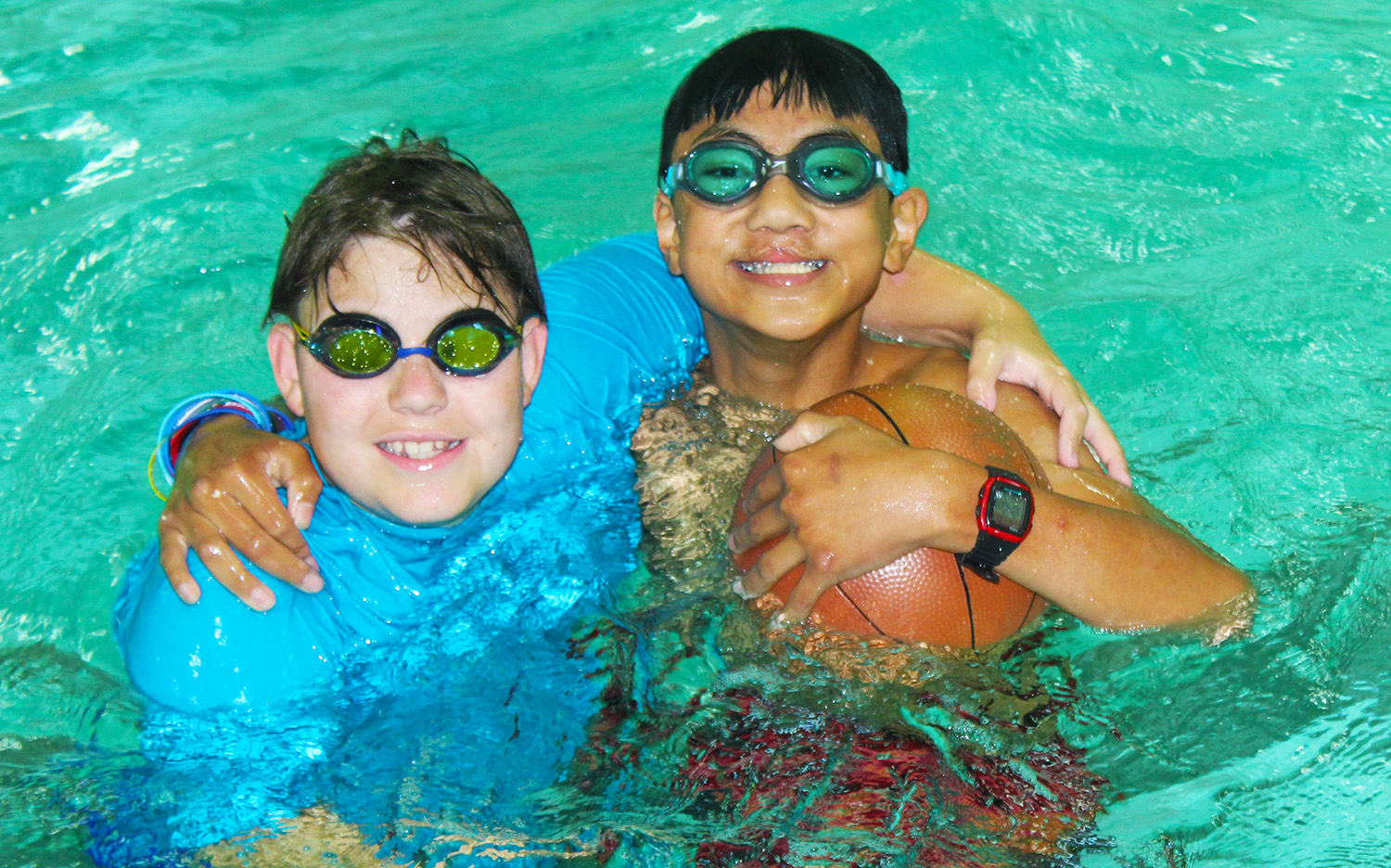
I'm concerned that 3 weeks is too long for my child. They have never been away from home for more than a night or two.
The majority of new campers coming to Camp Sequoia are experiencing their first extensive time away from home. While there’s a natural adjustment period to camp, we find that campers adjust after the first week. However, younger campers (ages 8-11) typically become acclimated to camp life within a few days. Normally, campers ages 12-17 can take up to a week.
Each summer, we find that an increasing amount of campers stay at camp for our full season (6 weeks). Campers are able to make the most tangible improvements in social cognition skill development, self-confidence, and maturity when practicing these skills for longer periods. Most importantly, our full season campers have the best opportunity to develop meaningful friendships. Typically, around 65% of our campers stay for our full season, while the other 35% stay for one of our three-week sessions.
My child's (therapist, teacher, etc.) thinks that this might be too long of a period away, can they just try camp for a week to see if they like it?
While we highly value feedback from professionals who want the best for your child, it’s difficult to understand the value of an overnight camp experience if they never participated in such an experience as a camper or staff member. We don’t offer shorter sessions at Camp Sequoia for the following reasons:
- To see tangible improvements in habit-forming skill building like frustration tolerance and social skills growth, one week is not a sufficient amount of time.
- It can take some campers up to a week to become acclimated to camp life.
- It takes longer than one week for children with social learning needs to develop friendships.
- Full immersion in our program for a minimum of three weeks helps get into a routine and understand the language and concepts we utilize at camp.
- Our Social Groups, Guy’s and Girl’s Groups, Frustration Tolerance instruction, and Independent Skills curricula cannot be completed in a week.
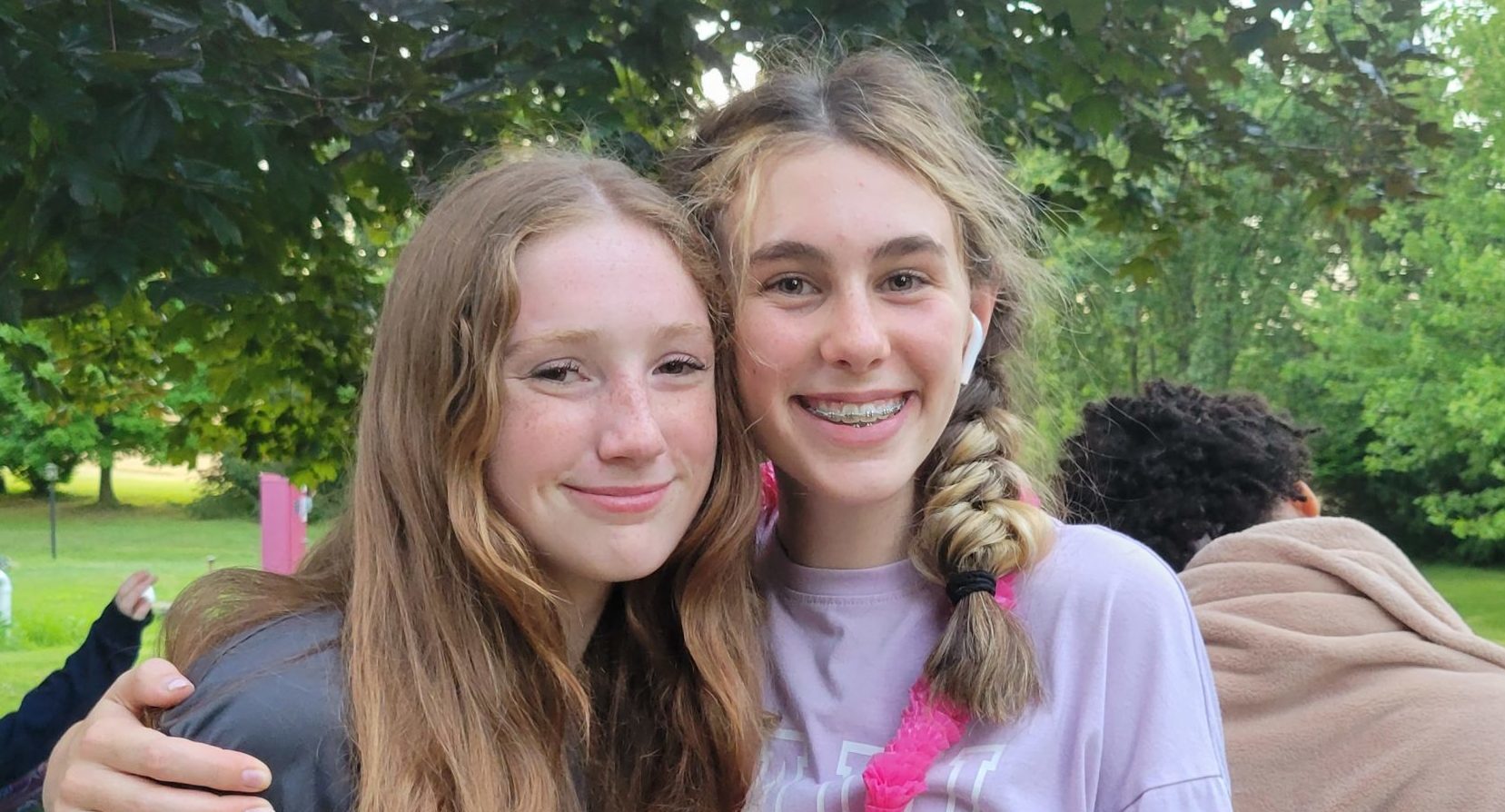
What is the right age to start overnight camp for my child?
While campers can successfully start overnight camp at any age, most camp professionals will tell you that it is easier to transition to a new environment the younger a camper is. Although this is not intuitive, younger campers find it easier to adjust to a new environment, so they have a shorter homesickness period. We definitely find this to be the case with our camper population. We have many campers who are 8-10 years old that stay for our full 6 week program. While it’s normal to miss your child terribly while they are at camp, you might be surprised to learn that they are too busy having fun and enjoying their new friendships to be worried about what’s happening at home.
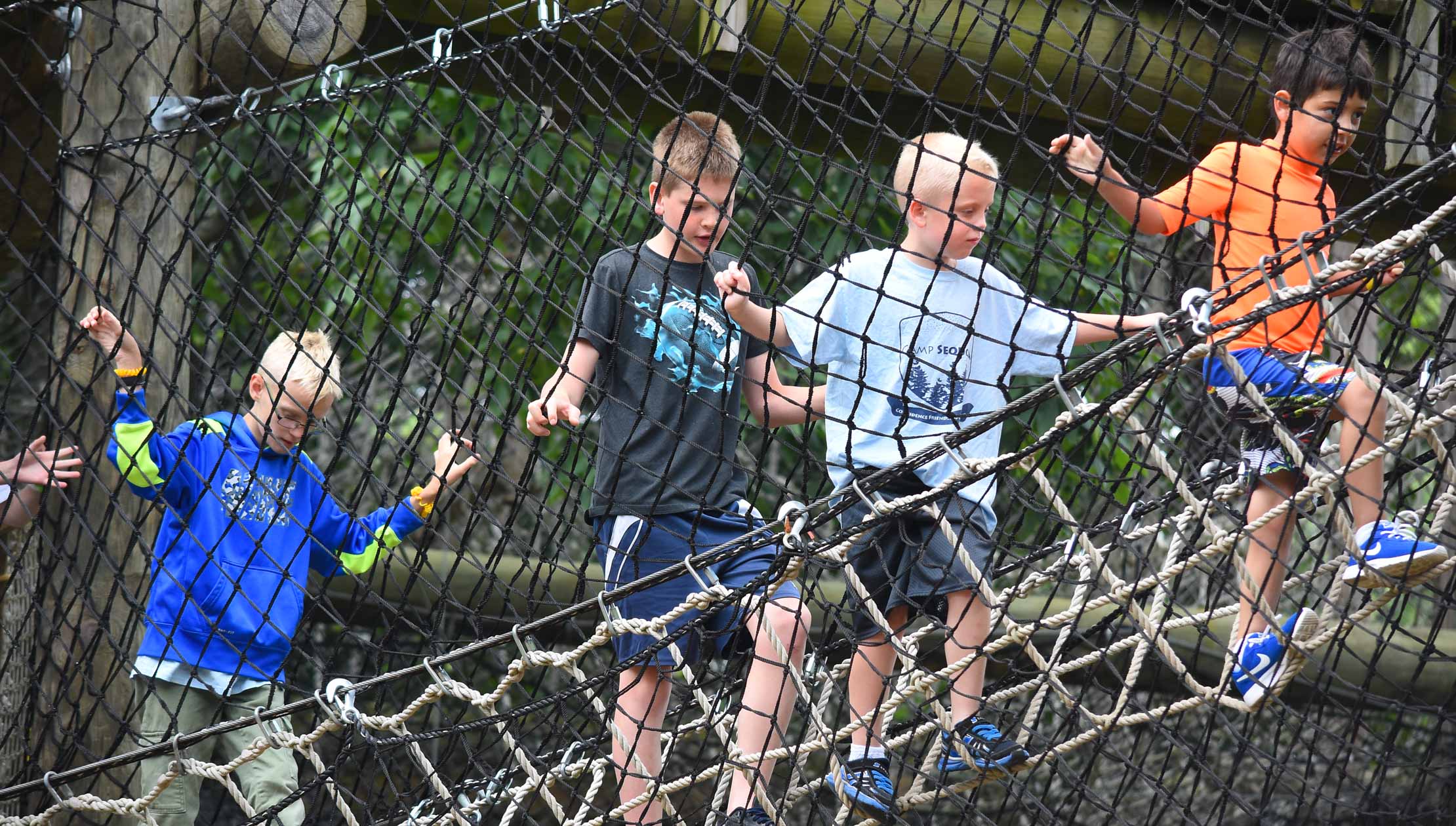
How will my child get to camp?
Our camp transportation depart from several locations (Pennsylvania, Northern New Jersey, and Maryland) and return campers to these locations at the end of 2nd session. During our transition between first and second session, we have stops in PA, NJ, and the airport. Some campers arrive by plane, where one of our staff members will be waiting to greet them at their arrival gate. All of our campers are required to take one of our camp buses, as this gives campers a chance to become acquainted with each other and our staff to ease the transition to camp.
Can I talk to my child while they are at camp?
After your child has had a week to adjust to camp, a phone call can be scheduled through our camp office. We provide campers with a familiar staff member during their phone call, as some campers may experience a brief period of homesickness before or after their phone call. Campers are prompted to write home twice a week, and campers may receive letters, emails and packages that do not contain food. Campers do not email or use cell phones while at Camp Sequoia.
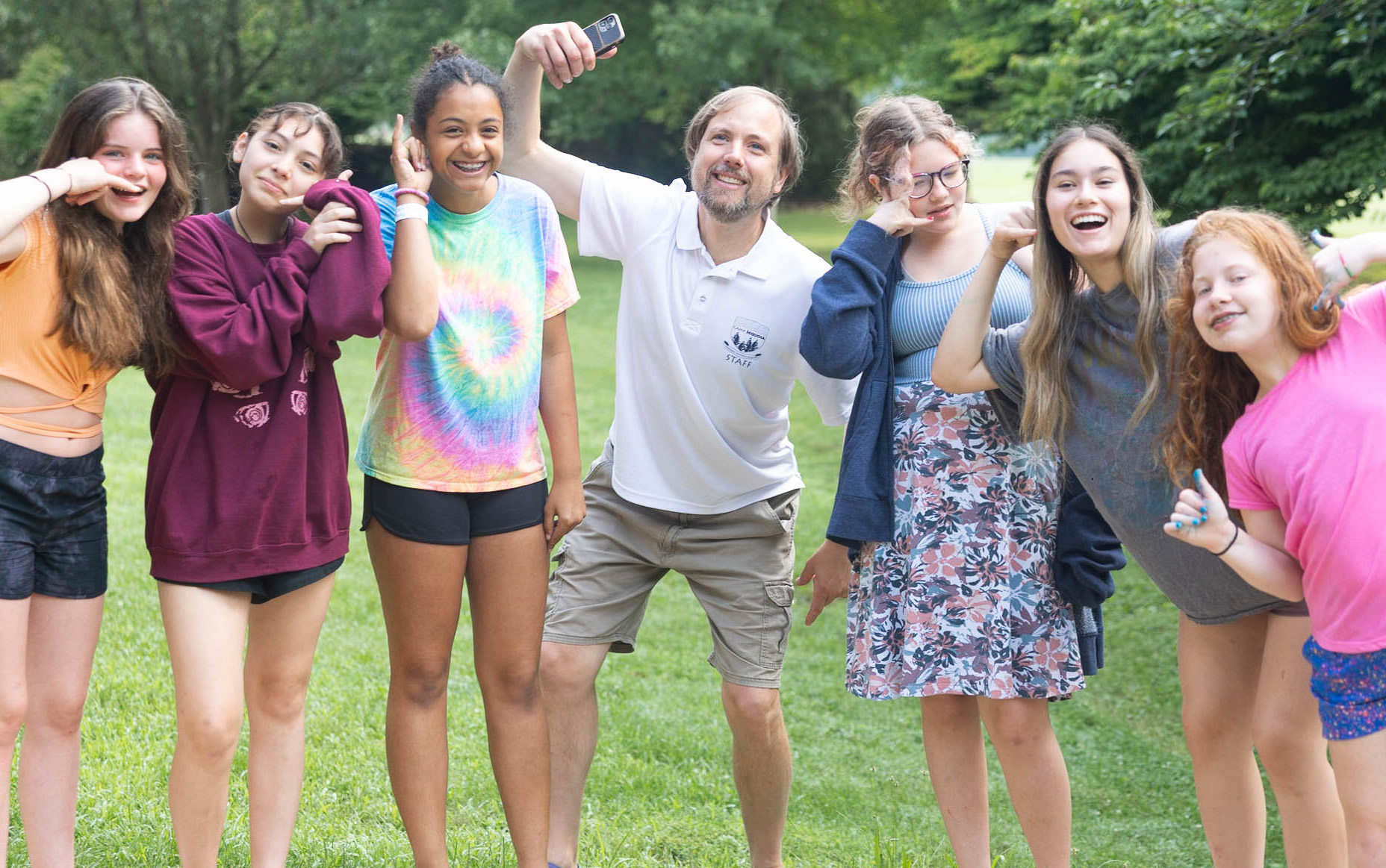
What kind of contact can I expect to have with the staff?
We want to provide you with as much information as possible to let you know that your child is happy and safe. We are available to speak with you if you have any questions or concerns. You will see updated pictures every day on our password-protected photo albums. Additionally, our office is staffed 7 days a week during the summer, and our Division Leaders call home once a week to give you updates. We also send home a nightly e-newsletter to update families and friends on the Camp Sequoia experience.
Can I visit camp while my child is there?
At the end of the camp session, we invite you to come to camp to pick up your child. You can meet our staff, and your child may give you a tour of camp. We have one visiting day during the camp season for our full-season (6 week) camp families.
What happens if my child is homesick?
Homesickness is a completely natural way to express anxiety about being in a new situation. The key to helping campers adapt is providing trusted support networks in a new environment to help children feel safe in a new place. Our experienced staff, with a lifetime of camp experience, are equipped to help children working through homesickness. The vast majority of campers work through their homesickness within a few days. We will provide you with strategies in our parent handbook to support you and your camper during their transition to camp life.
Is Camp Sequoia coed?
Camp Sequoia runs a boys program with a coed staff and a girls program with an all female staff. These programs run independently but have opportunity to interact on weekly trips, special events and periodically throughout the camper experience.
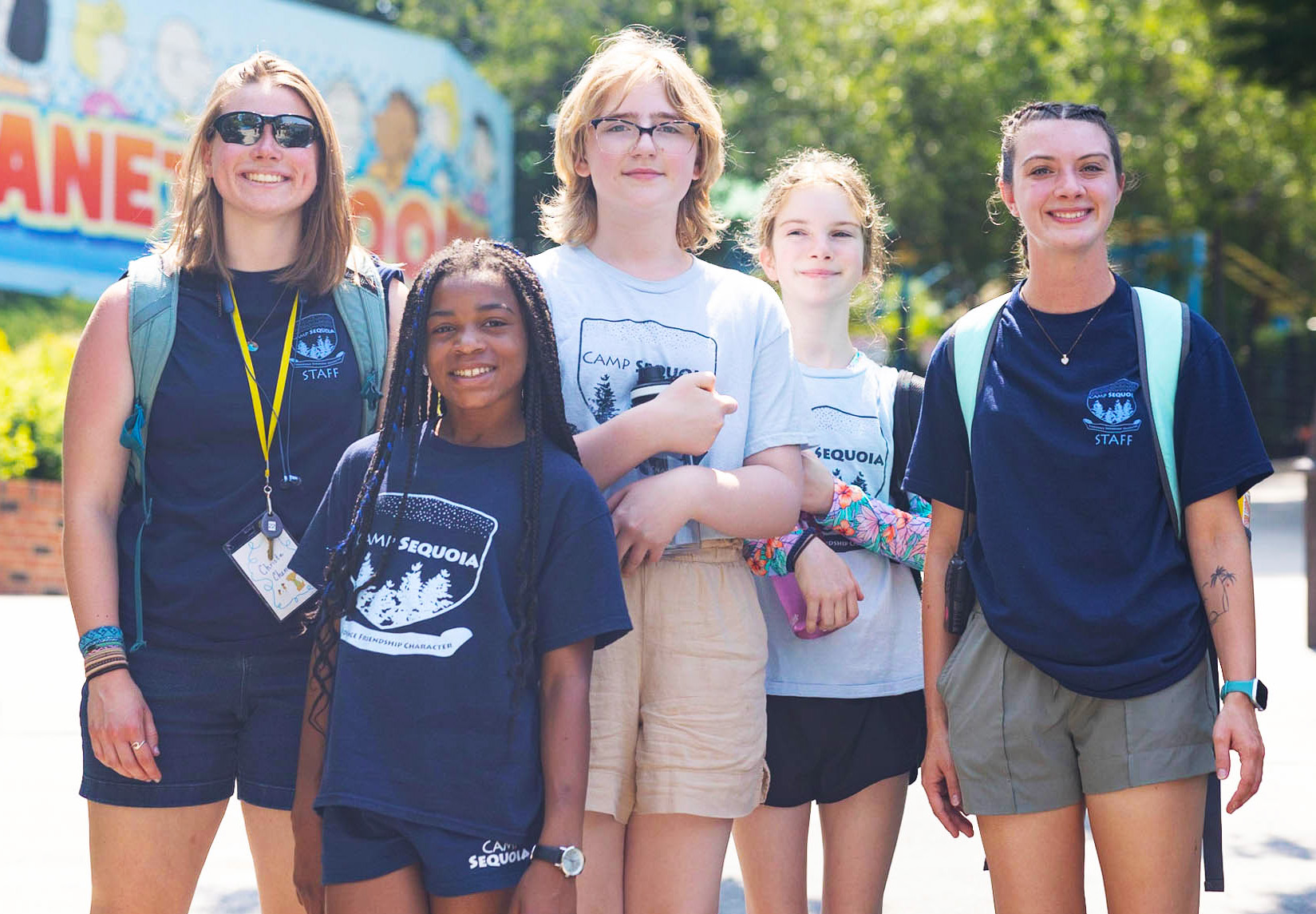
What are the living arrangements for campers?
Campers live in a modern dormitory in a spacious room with one or two roommates. There are built-in closets, desks, and dressers in each room. Each dormitory floor has a either semi-private bathrooms or a common bathroom. All have a shared living area. All campers on a floor are approximately the same age. Staff working with each age group live on the same floor with their campers. This supervision, along with our dedicated overnight staff, ensures that campers always have someone to speak with in case of any overnight concerns or needs.
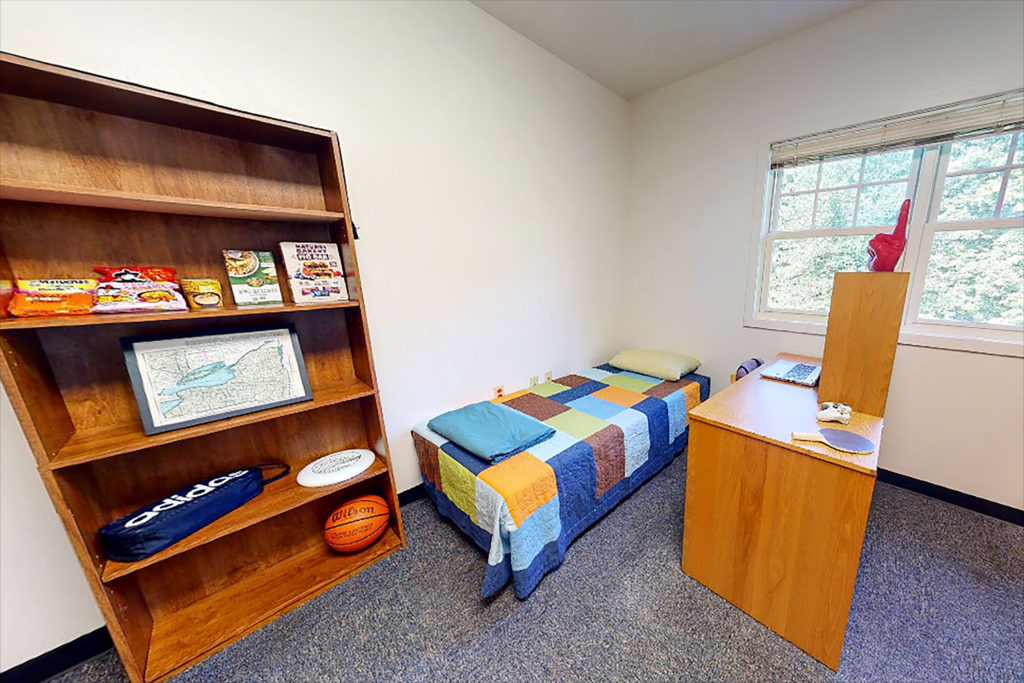
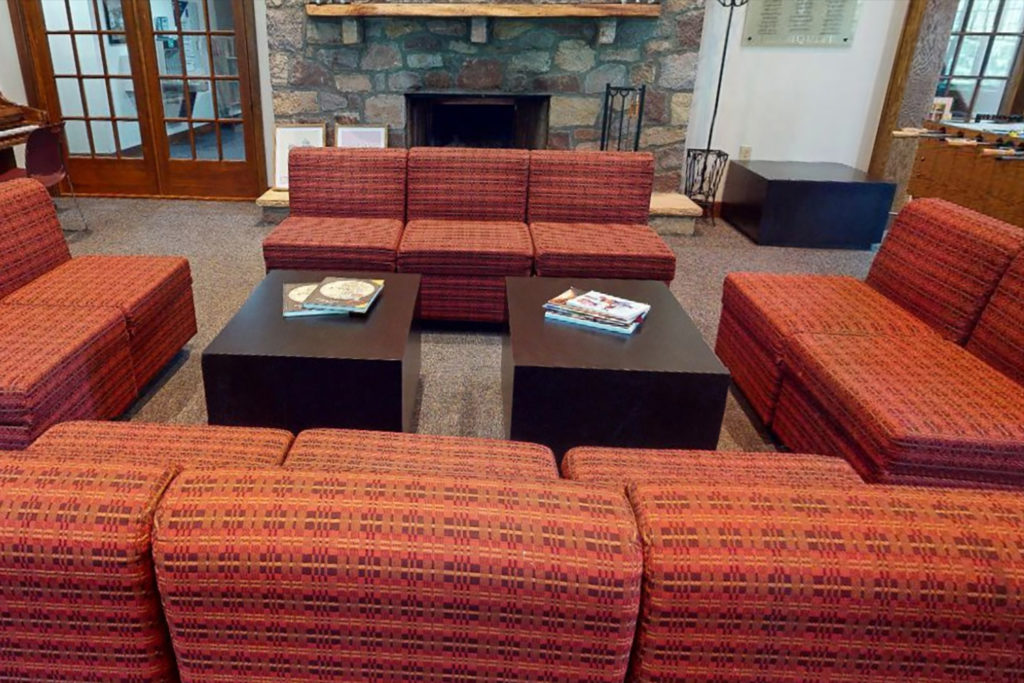
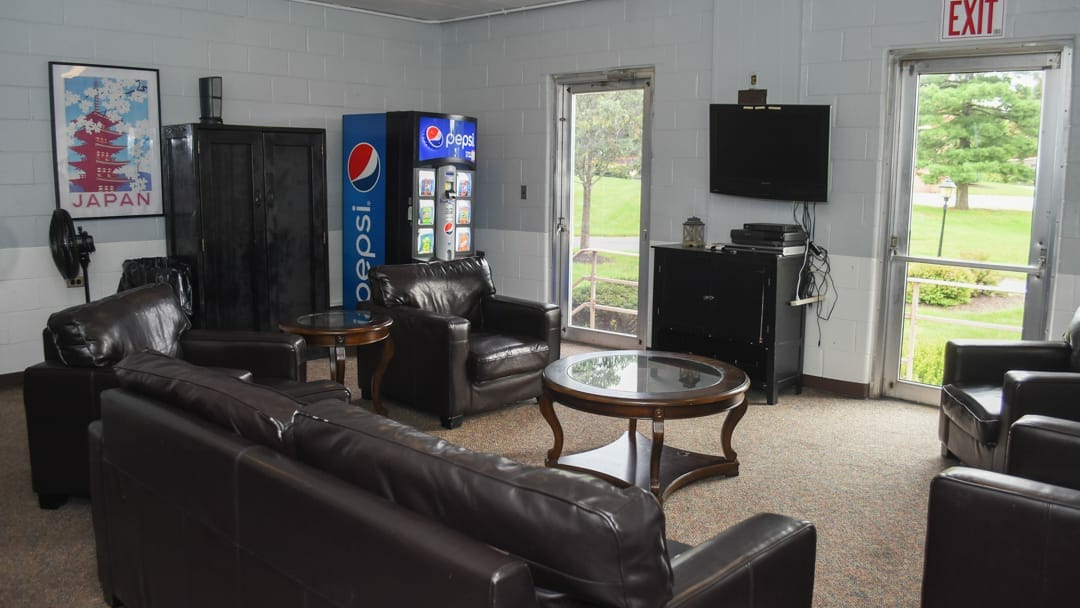
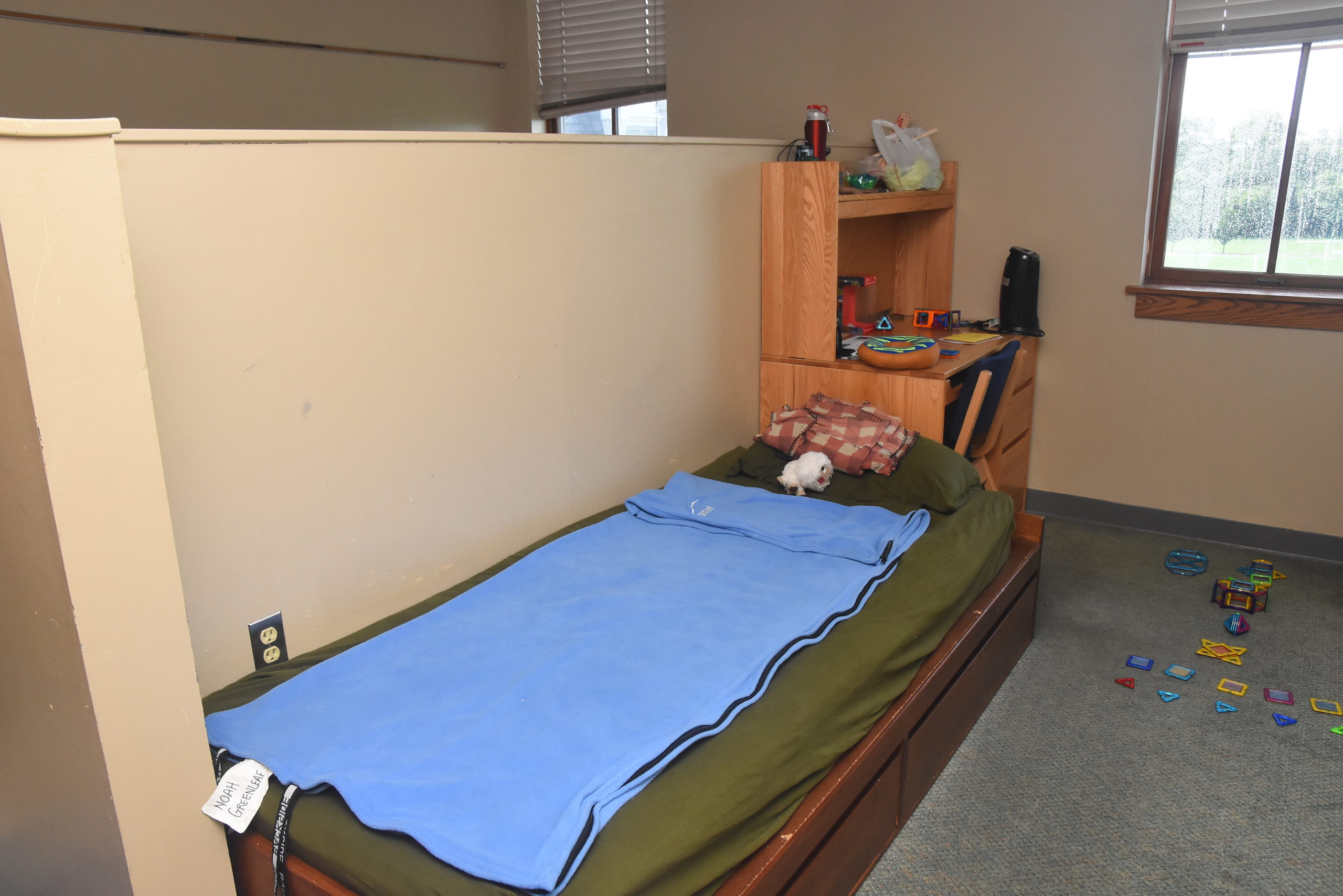
How do you decide which campers will live in a room together?
After gathering information from you and your child, we will match your child based on shared interests and personality traits with a roommate. Your child’s counselors are there to support your child and help them work through any issues they have sharing a space. As this is the first time most of our campers are experiencing living with someone outside their family, it’s an excellent opportunity to help our campers practice independence, self-advocacy, and conflict resolution and to build fast friendships.
Who does laundry?
We provide a laundry service each week. We ensure that clothes are washed in allergen friendly, dye free detergent. Campers only need to have enough clothes for about 8 to 10 days. Please see the parent handbook for additional details.
What's the food like?
The Perkiomen School’s dining staff provides our campers with a wide array of healthy food choices. Our dining hall staff provide for a wide array of dietary needs, and are very accommodating to our campers. We do not provide campers with soda at camp. Please note that Camp Sequoia cannot accommodate campers on severely restricted diets, as we do not permit campers to bring their own food to camp without documented medical need and prior arrangement with the director.
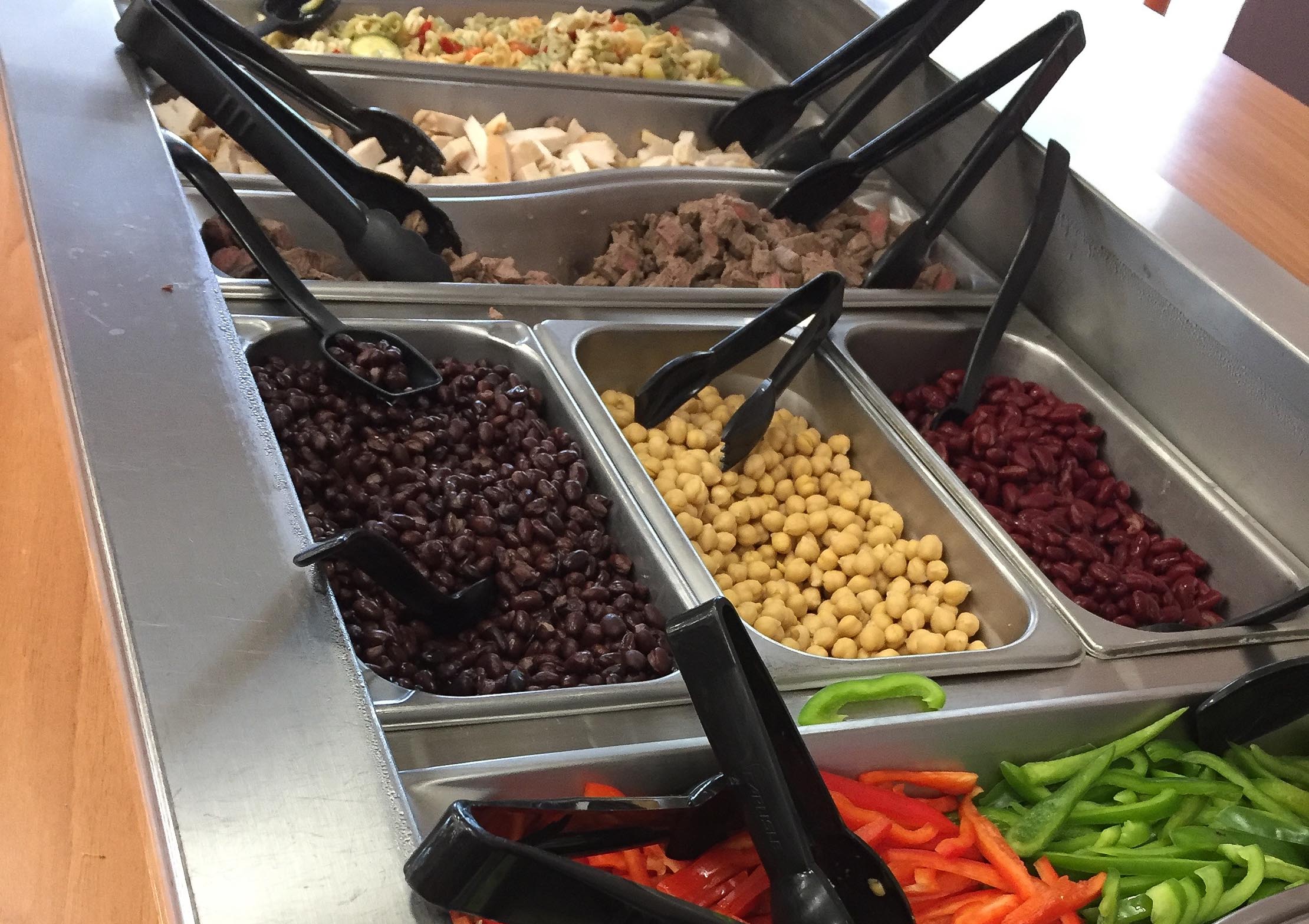
Who will provide my child with their daily medications and medical care?
Our licensed RNs are on campus at all times to provide our campers with their daily medications and medical attention. Our nurses dispense all medications, which come in pre-package doses. For more information, we recommend checking out our medication guide. A pediatrician, dentist, orthodontist, etc. are all nearby. For more information about our nursing team, please check out our health and safety page.
How do I know my child will be safe at camp?
Camp Sequoia utilizes a key card system to maintain a closed community in dorms and indoor program areas. We are supported by a security staff from the Perkiomen (boy’s program) and Solebury (girl’s program) schools that add another level of safety. We run, per ACA (American Camping Association) guidelines, emergency drills to ensure that our response is appropriate for a variety of eventualities. Camp Sequoia further (through licensed instructor on staff) certifies staff members in Crisis Prevention (CPI). With a 2:5 staffing ratio (exclusive of support staff) there are staff readily available to support campers with whatever needs they may have whenever they may have them.
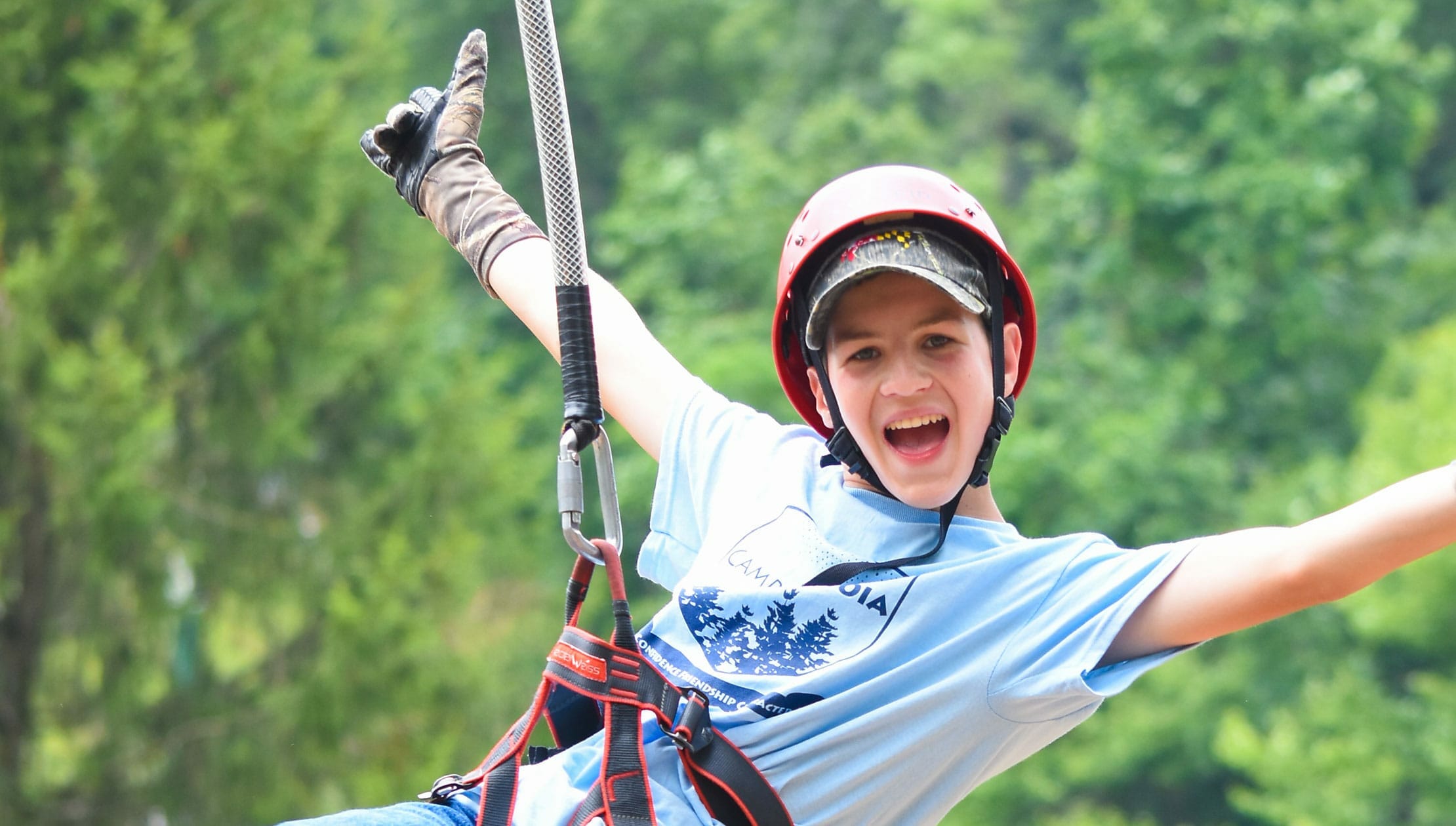
What is the level of functioning of your campers?
The majority of our campers carry a formal diagnosis of ADHD (Attention deficit hyperactivity disorder). Our camper population also includes campers who present with social anxiety, learning differences which effect social skills, other diagnoses that impact socialization, or no formal diagnosis but present social learning needs. All campers present with average to above average cognitive ability and full use of language. The majority of our campers attend public schools, where they are in mainstream education for all or a majority of the day. Some campers attend private schools, Jewish day schools, or parochial schools.
Camp Sequoia aims to support children and teenagers who do not need the level of support offered at special needs overnight camp, yet need more than a traditional overnight camp can offer.
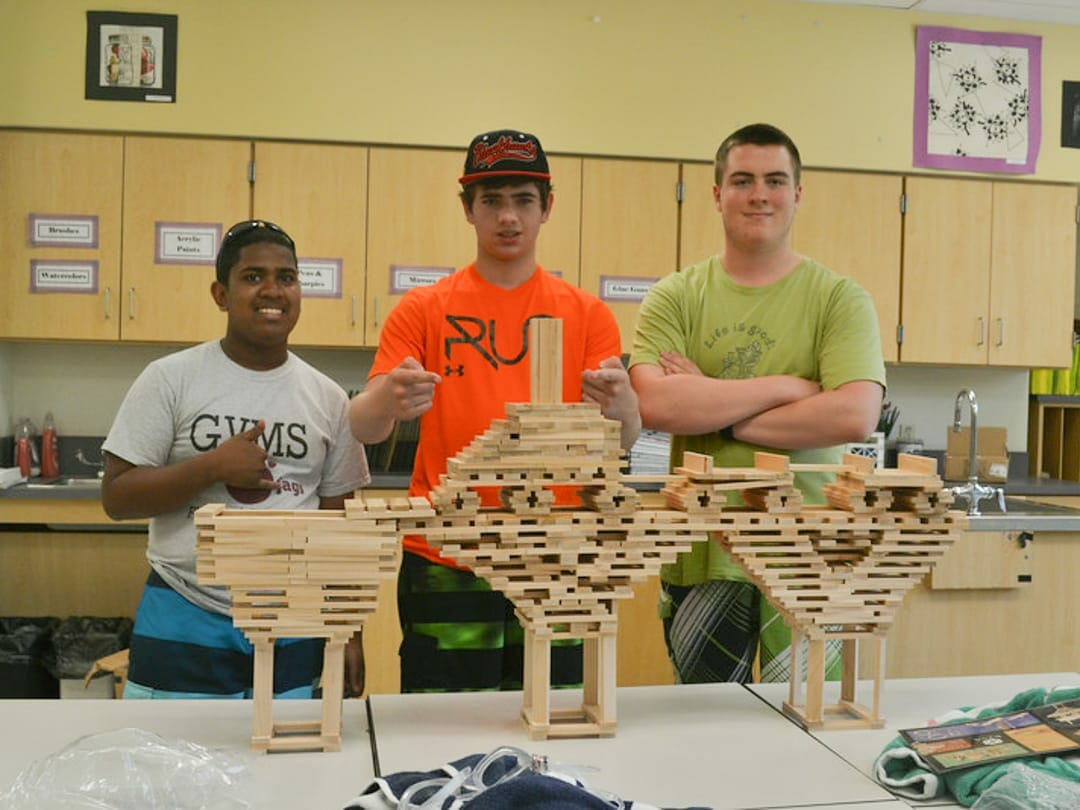

Can campers bring electronics (video games, cell phones, computers) to camp?
Many children who have difficulty building friendships use electronics to replace social interaction. Each year, more research supports that excessive screen time doesn’t support our campers socially. As such, Video games, cell phones, tablets, and computers are not permitted at camp. Campers may bring an iPod/MP3 player that contains music/audio books only. Campers do not have access to the internet at camp. Campers don’t use computers at Camp Sequoia, outside of specific activities (Movie Making, coding, 3D printing, etc.). Your family is welcome to email your camper, as we print out your emails each day. You will receive letters from your children the old fashioned way: postal mail! Counselors assist campers who have difficulty with handwriting to compose letters.
Do you do any type of background checks on your staff?
As federal and state laws, and the American Camping Association, mandate, our staff submit a number of background clearances. This includes a federal fingerprinting, a criminal background clearance, a child abuse history check, and certified training as a mandated reporter. Additionally, all staff go through a two-stage interview process that includes multiple reference checks. We also check all our applicants against the National Sex Offender Registry.
Where can I find additional resources for ADHD and social development for my camper?
Camp Sequoia’s Leadership Team regularly attends and presents at the National and Global ADHD and Gifted Conferences. We strongly believe in supporting the ADHD community and our camp families. As such, we invite you to check out our blog for helpful resources throughout the year. Additionally, please check out our News & Resource page. We post relevant current events, news, and research relating to our camper population weekly.
How do we apply?
Boys ages 8-17 and Girls 9-16 are eligible to apply to Camp Sequoia. Click here for more information regarding our eligibility requirements. Ready to get started? Here are our enrollment applications:

